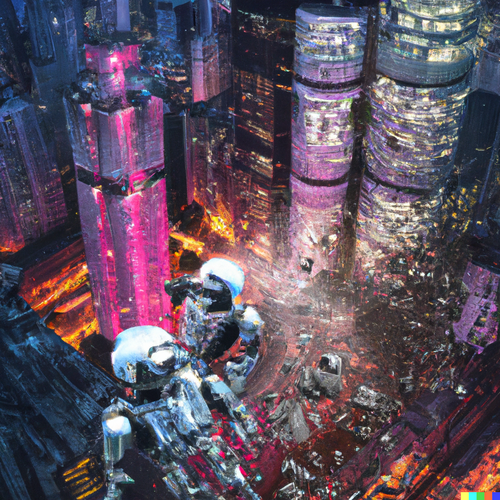Chapter 1: The Idea

"Beginnings are such delicate times."
-Frank Herbert, Dune
There’s no great way to start a game development blog, because like all large undertakings games development is a journey and it’s easier to talk about a journey once you’ve reached the destination and have some sort of a context to frame it in. Was the game incredibly successful? Then you’re writing a triumphant narrative. Was the game very unsuccessful? Then you pivot to a story of the obstacles inherent in the games development industry. There are hundreds of different outcomes, and for each a different narrative that can be told. But when writing a game development blog, you have no idea of the ultimate outcome, and so the narrative style is uncertain, always trying to find its footing. As such, perhaps the best way to think of this log is as a project management document, detailing the steps of our project and how we took it from nothing more than an idea to something concrete that you can buy online.
How Mechwar started is quite prosaic. At the time I created it, I was married to a woman named Kathryn, somebody who had very different tastes in board games to me. While I liked complex board games such as Evolution or Wizwar, she preferred much simpler board games like Ticket to Ride. I noticed that while Kathryn was OK with complexity, she disliked spending time on learning the rules of a game. I wondered if it would be possible to create a board game that appealed to both of us: a game that had simple rules but complex permutations, similar to chess.
The problem with chess is that it is a dying game. Thanks to recent developments in AI learning, it is possible for a decent AI to beat any human player, even a chess grandmaster. In fact, recently there have even been some scandals in the chess community due to professional players being suspected of cheating by secretly receiving signals from a computer. Because it is unlikely that professional chess players will accept being forced to play in the nude to prove their honesty, it seems likely that chess will slowly die out. This is what an opportunist would call "an opening in the market." If I could design a strategy game with the same mix of simplicity and complexity as chess - but make it much harder for an AI to game the system - I might be able to take advantage of the niche in the strategy game market that would open up as chess gradually died out.
Therefore the goals of Mechwar - the game that we are developing now - would be threefold.
1. Create a game with as little randomness of outcome as possible. Unlike most tactical wargames, there would never be any dice rolled in Mechwar. Whether you could capture an enemy piece or not would depend purely on your positioning, similar to chess. Mechwar would be an entirely skill-based game.
2. Although the game would have very little randomness of outcome, it would need to have as much randomness of input as possible. This is because learning AIs function best in situations that are identical or similar to situations that they have encountered before. The reason that chess is so easy for AIs to master is because the board is always the same each game - a featureless 8x8 map - and because each piece always has the same rules of attack and movement. In Mechwar, the board changes every game, and pieces have different powers from round to round, depending on the tactics card that you play. This variability means that players are never in a situation that is exactly identical to another situation that they have encountered before, putting learning AIs on the defensive.
3. Despite the complexity involved in this game, the rules should be simple to learn. The reason for this was because I wanted to be able to play against Kathryn, and I knew that if the rules were too complicated to learn, she would lose interest.
At the time, I had no idea that Mechwar would be developed as a computer game. My initial intention was to design a board game. It would not be until years later that I pivoted to turn this into a computer game instead.
Mechwar
| Status | In development |
| Author | MarzTec |
| Tags | asynchronous, competitive, Mechs, Multiplayer, Turn-based Strategy |
| Languages | English |
| Accessibility | Interactive tutorial |
More posts
- Chapter 7: Project PlanningJul 05, 2024
- Chapter 6: RecruitmentApr 22, 2024
- Chapter 5: The PivotMar 23, 2024
- Chapter 4: RefinementMar 16, 2024
- Chapter 3: PlaytestingFeb 21, 2024
- Chapter 2: The PrototypeFeb 15, 2024
Leave a comment
Log in with itch.io to leave a comment.